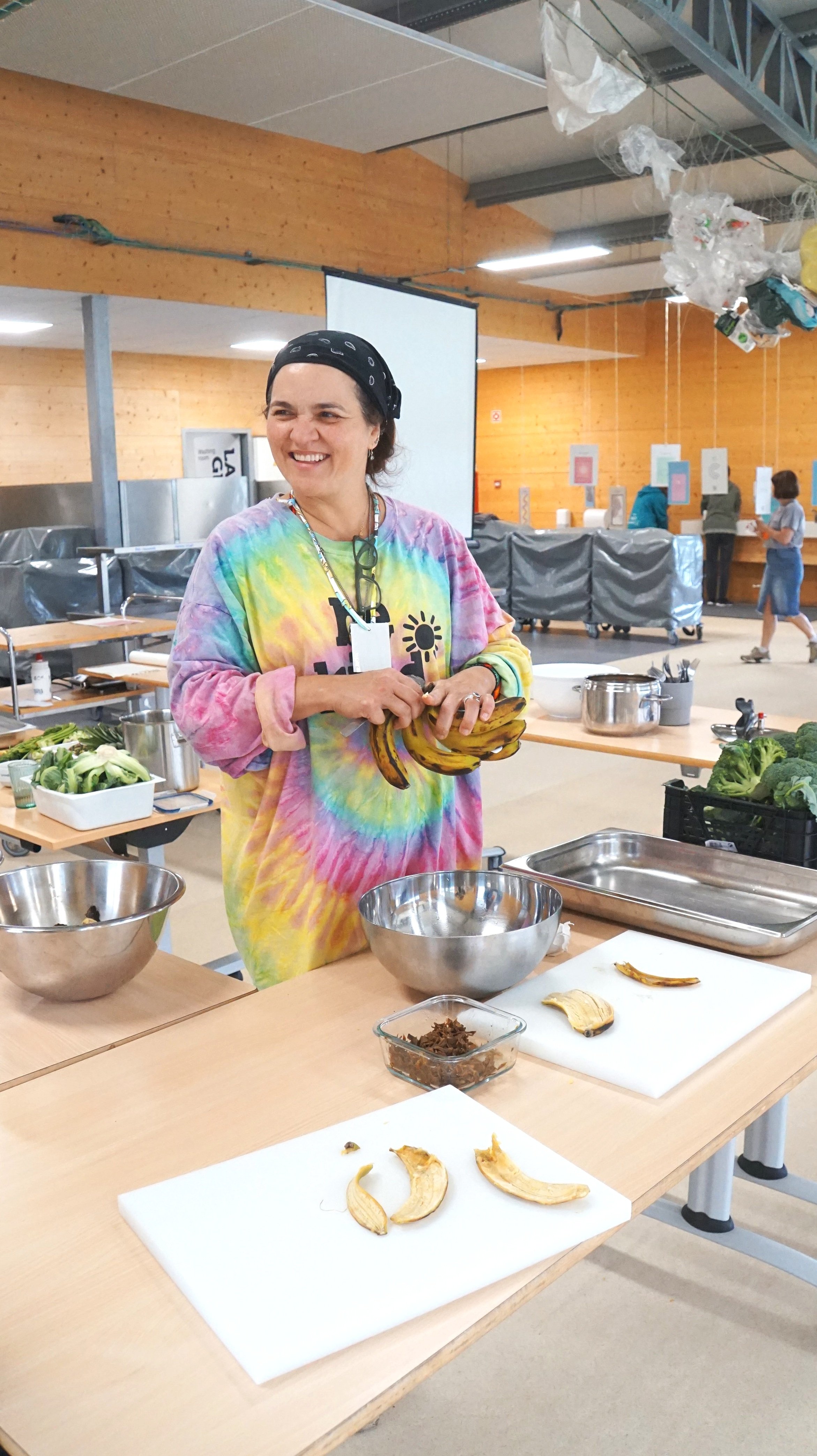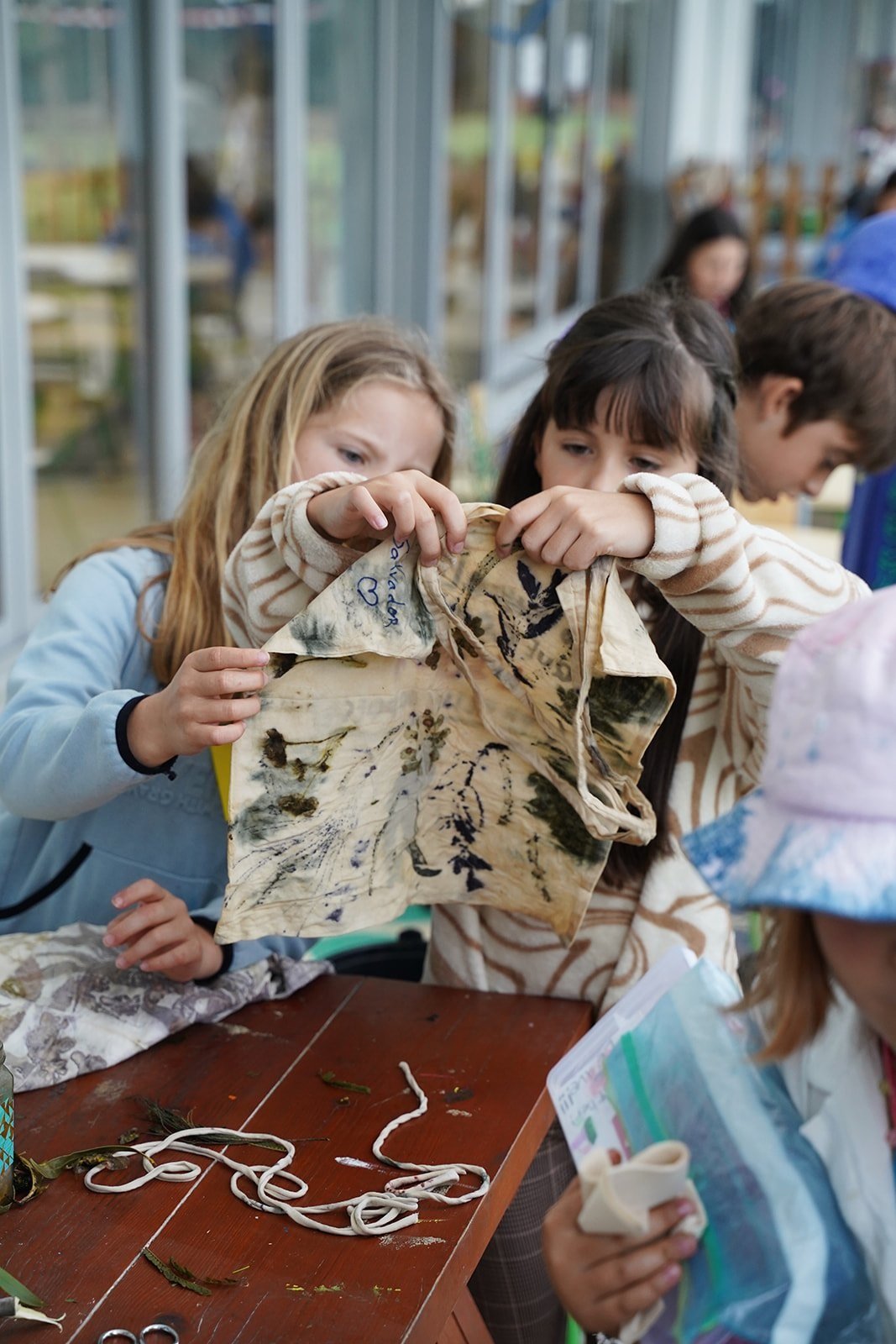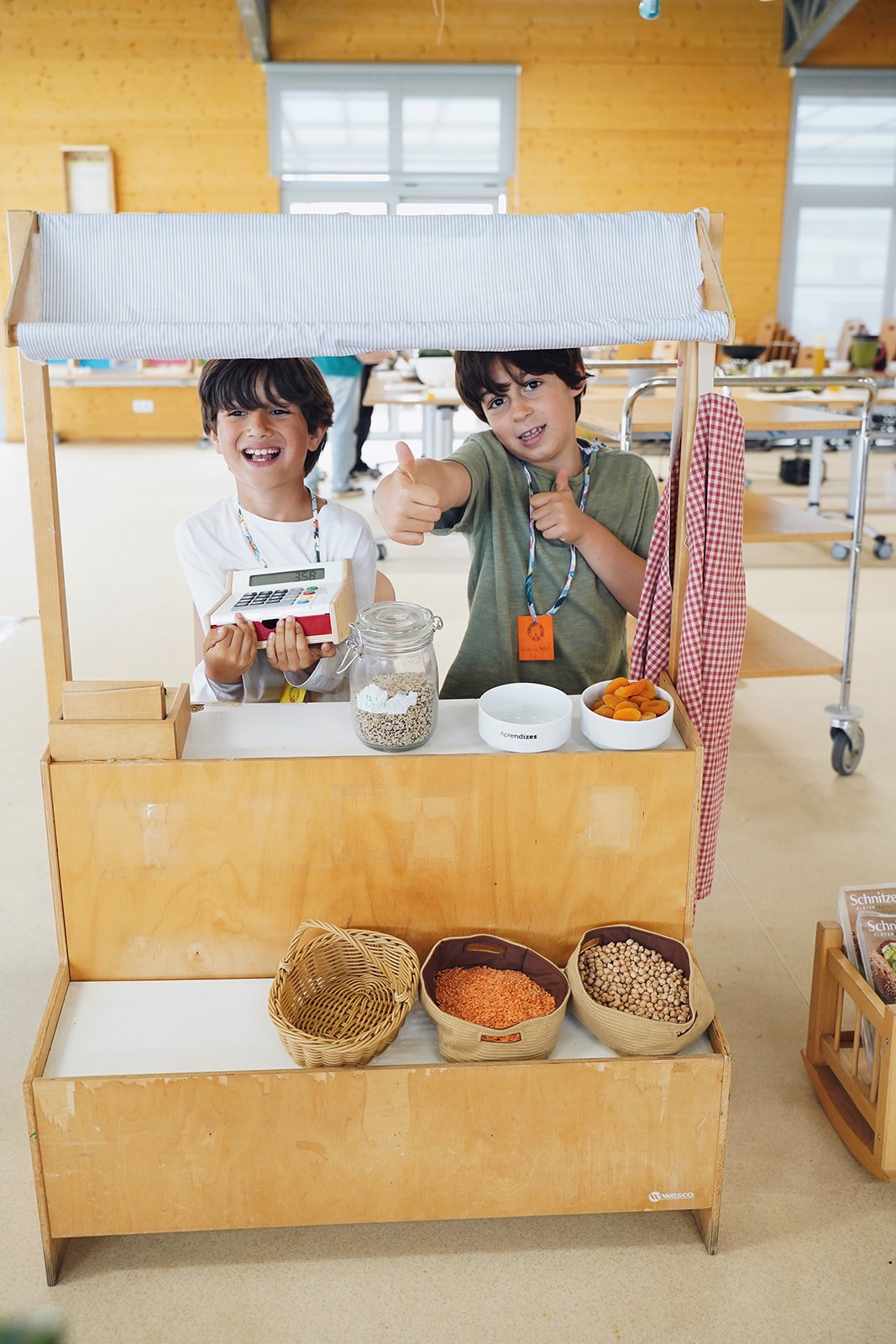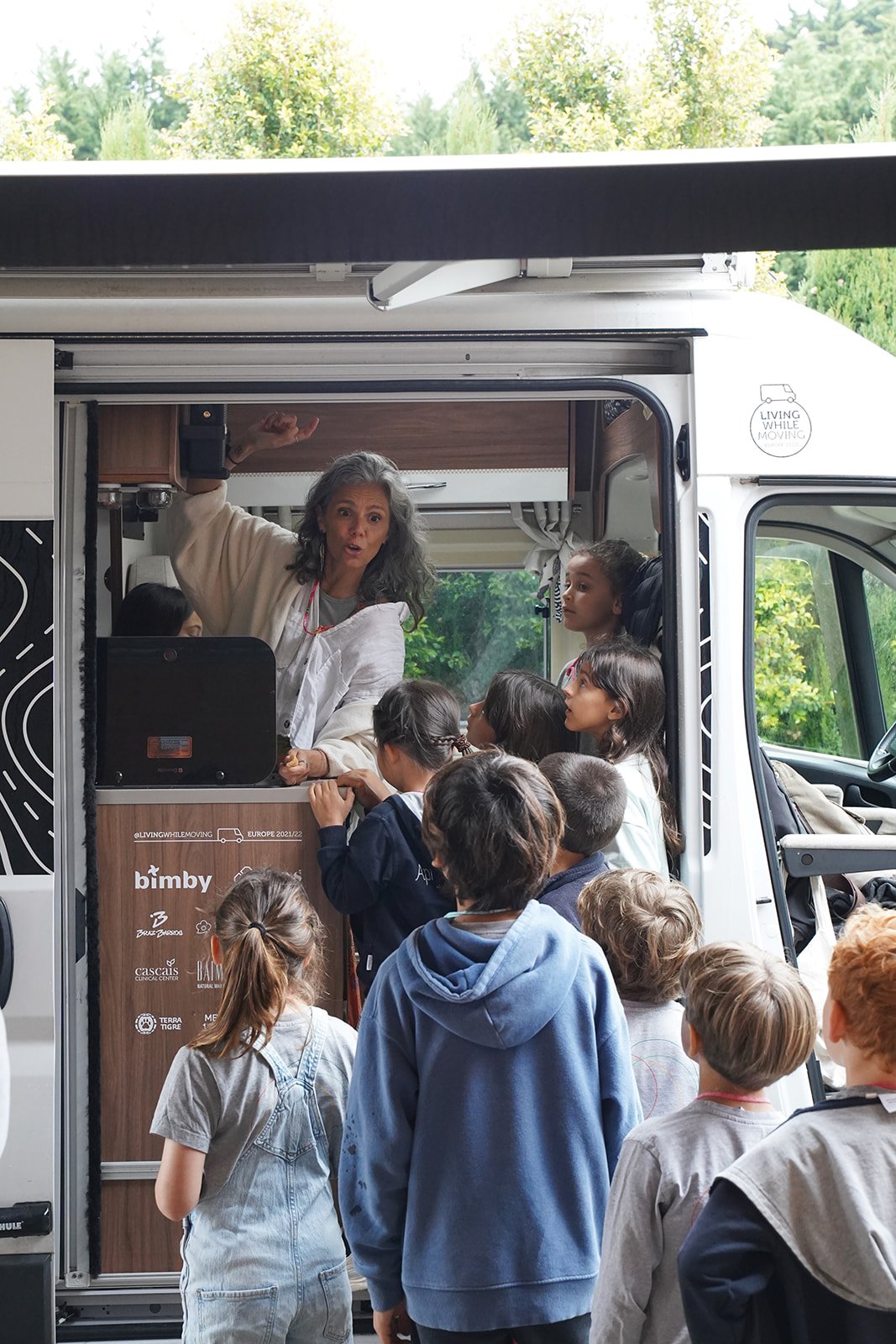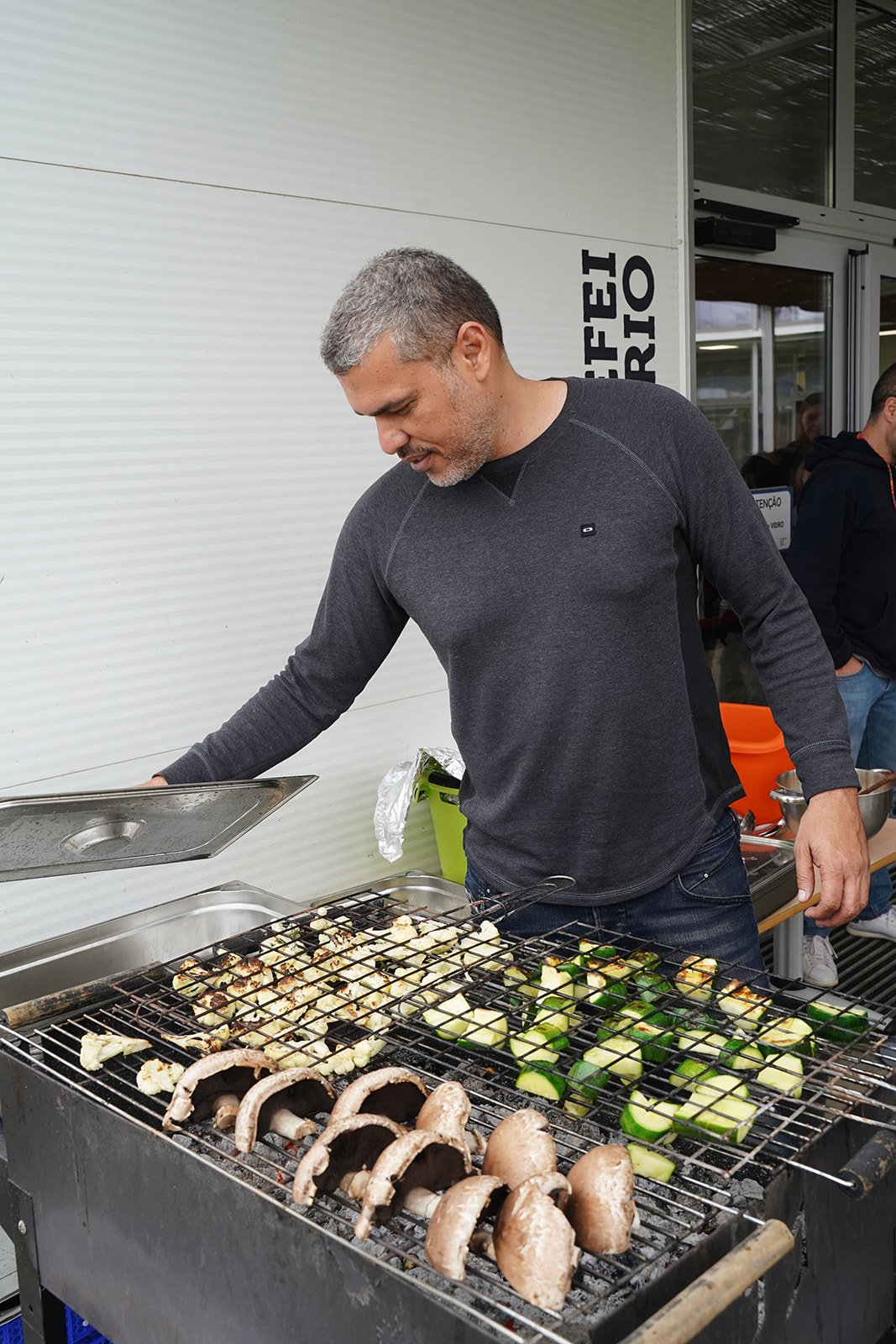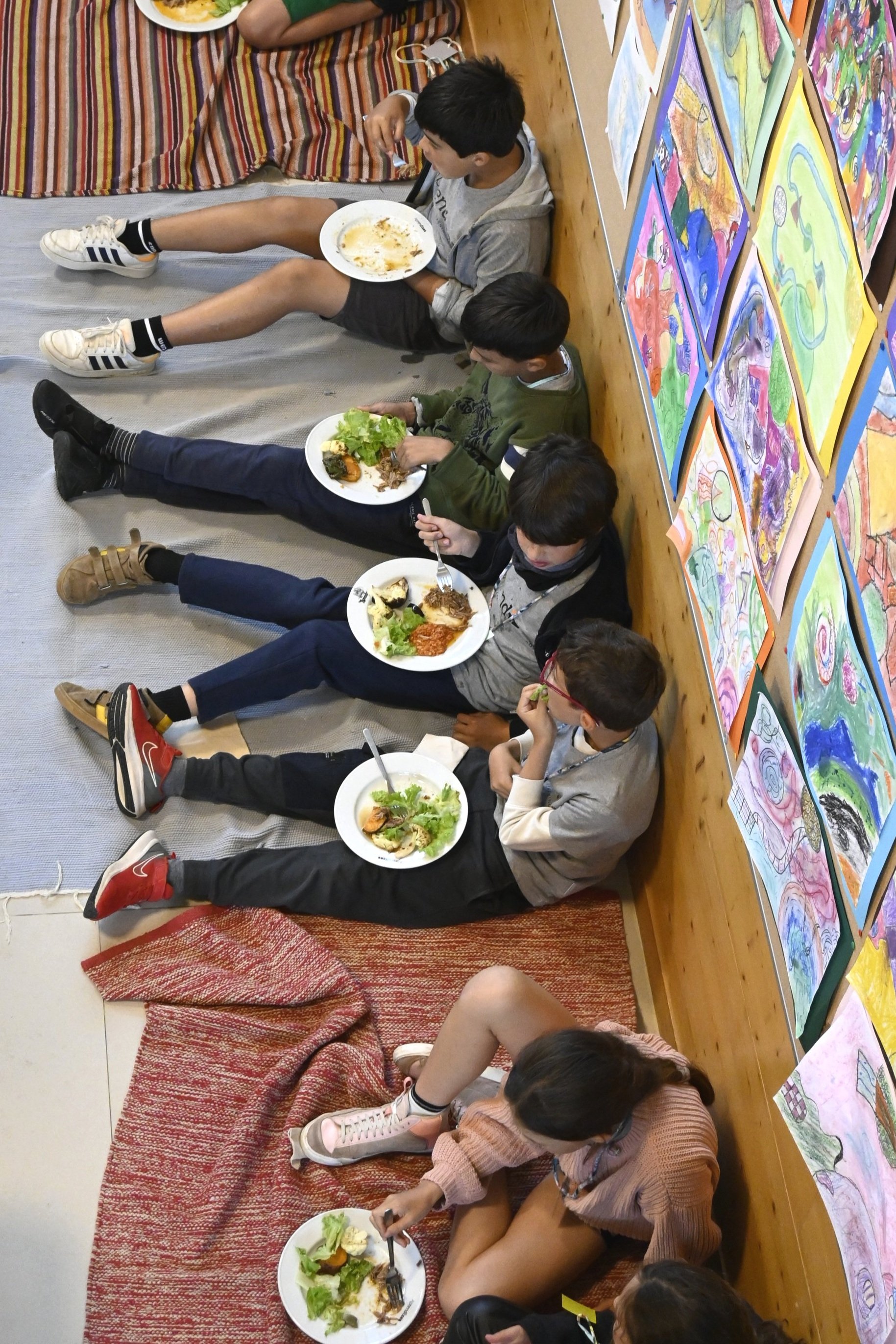Active Learning and Environmental Literacy: An Account of Regeneration Day
At Aprendizes, we believe that education is not just about memorising facts and figures. Instead, we strive to provide our students with an engaging and stimulating learning environment that fosters critical thinking, problem-solving, and creativity. That's why we embrace active learning as an essential component of our teaching approach.
Active learning places emphasis on engaging and involving students in the learning process, rather than simply absorbing information. As a result, it leads to better knowledge retention, the development of essential skills, and the ability to apply it in real-world situations. This approach involves experimentation, collaboration, and problem-solving, which help students develop a deeper understanding of the material.
At Aprendizes, one of the ways we embrace active learning is by designing events and activities that align with themes that matter to the school and society. For instance - just before Earth Day - we held Regeneration Day, a sustainability-focused event. Such events create opportunities for our students to engage with the community, apply what they have learned in real-world contexts, and become active participants in their education.
Regeneration is a concept in environmental sustainability that aims to repair, rejuvenate, and revitalise ecosystems and human systems. Rather than just reducing negative impacts, regeneration collaborates with nature to enhance the health of the environment and the people who rely on it. Drawing inspiration from the UN SDGs, our event centered around five key themes: food, consumption, urban mobility, waste, and connection with living beings.
By bringing together students, parents, staff members, and various organisations devoted to environmental regeneration, the event assembled 80 unique activities.
Students presented their own projects on sustainability, including a play based on Brazilian indigenous writer Ailton Krenak's book "Ideas To Postpone The End Of The World". The book explores how human society's structures and institutions have caused the marginalisation of communities and the degradation of nature, and the need to "embrace a new idea of 'dreaming' to regain our place within nature". The students collected ideas from the community on postponing the end of the world and shared their own.
Throughout the event, various other talks covered relevant topics, including meat consumption awareness; the negative impacts of trash in fishing; alternative transportation methods; sustainable food practices; a particularly eye-opening presentation discussing the true cost of electronic waste, with a specific focus on the environmental impact of producing and disposing of popular tech products like iPhones; and innovative uses of drone technology for plant growth.
We were also delighted to host representatives from Cascais municipality, including MobiCascais. MobiCascais is an efficient and sustainable system that promotes public and soft mobility solutions, setting a national and international example.
Workshops provided hands-on learning opportunities on topics such as composting, zero-waste cooking, aromatherapy, skin exfoliators using coffee grounds, fabric dyeing with plants, veggie sushi making, eco soap making, yoga, bike repair, and more.
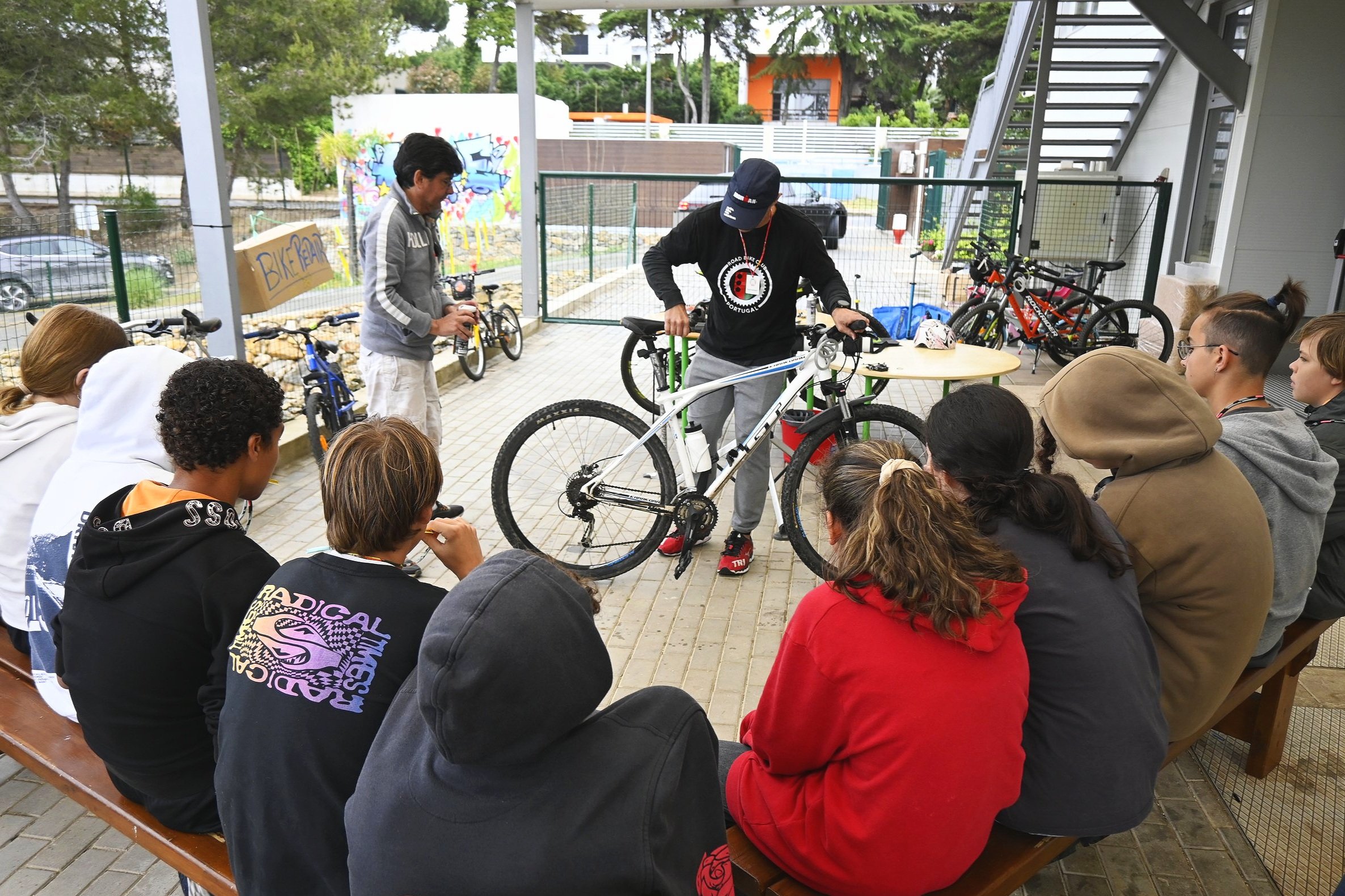
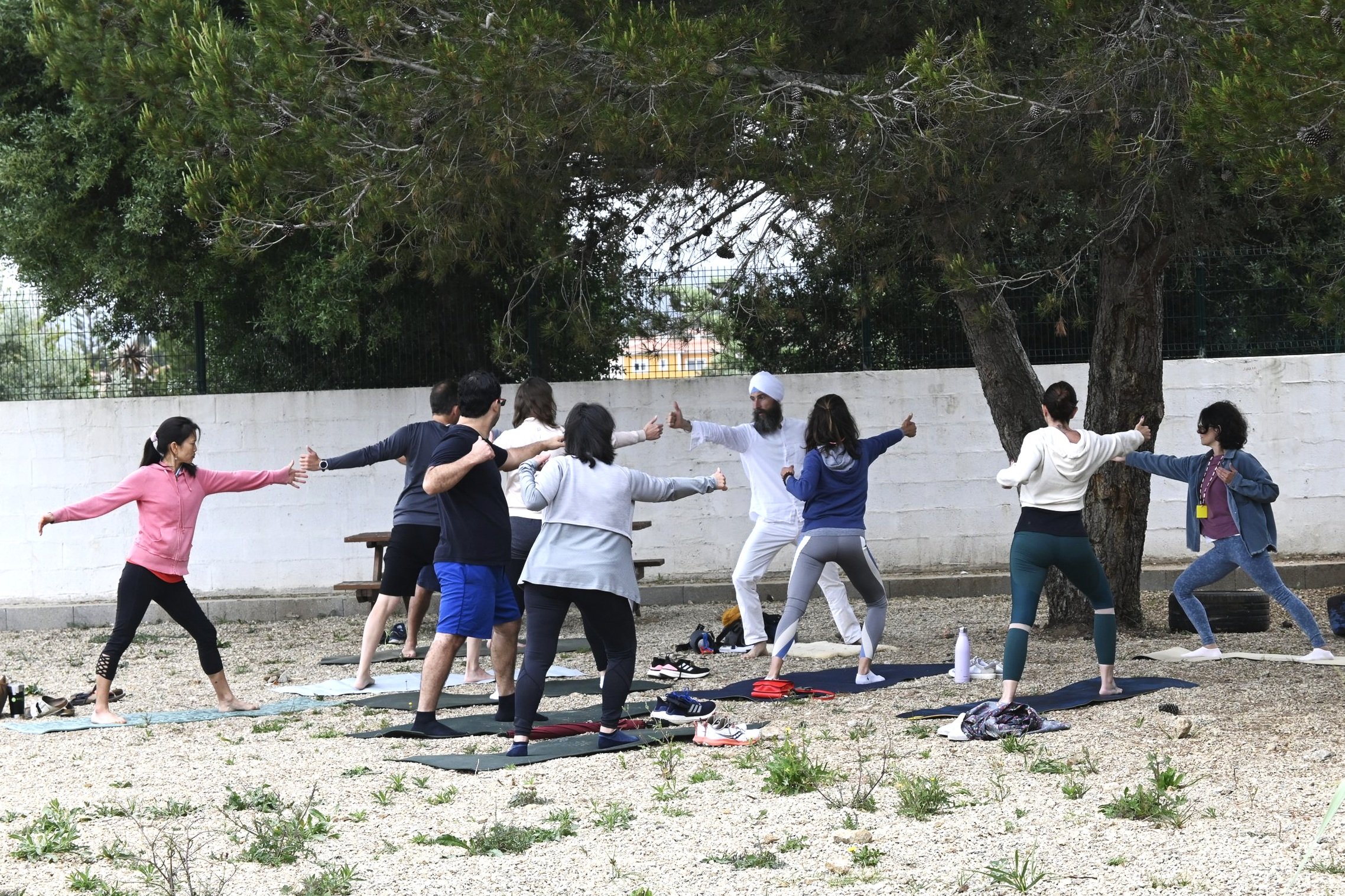
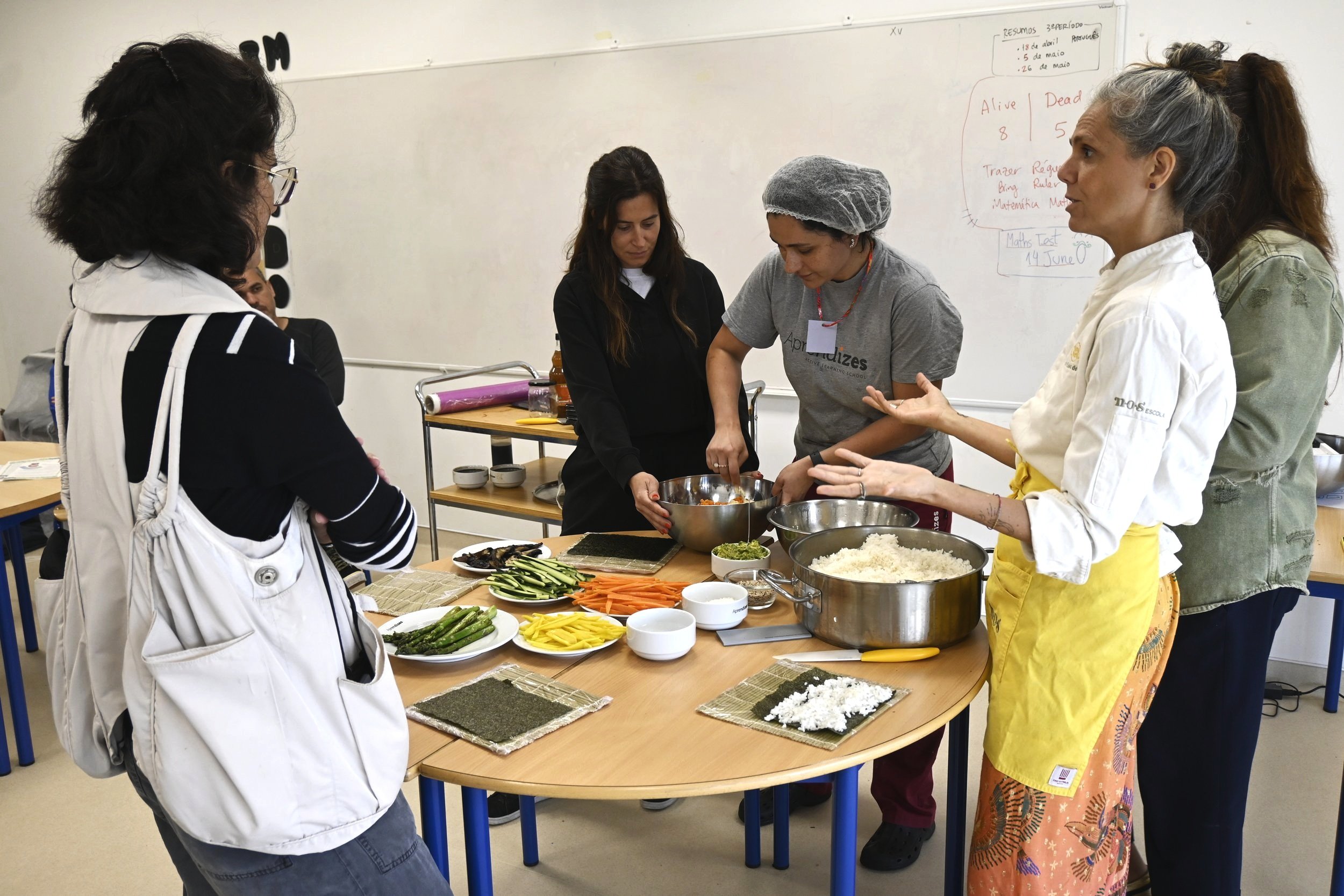
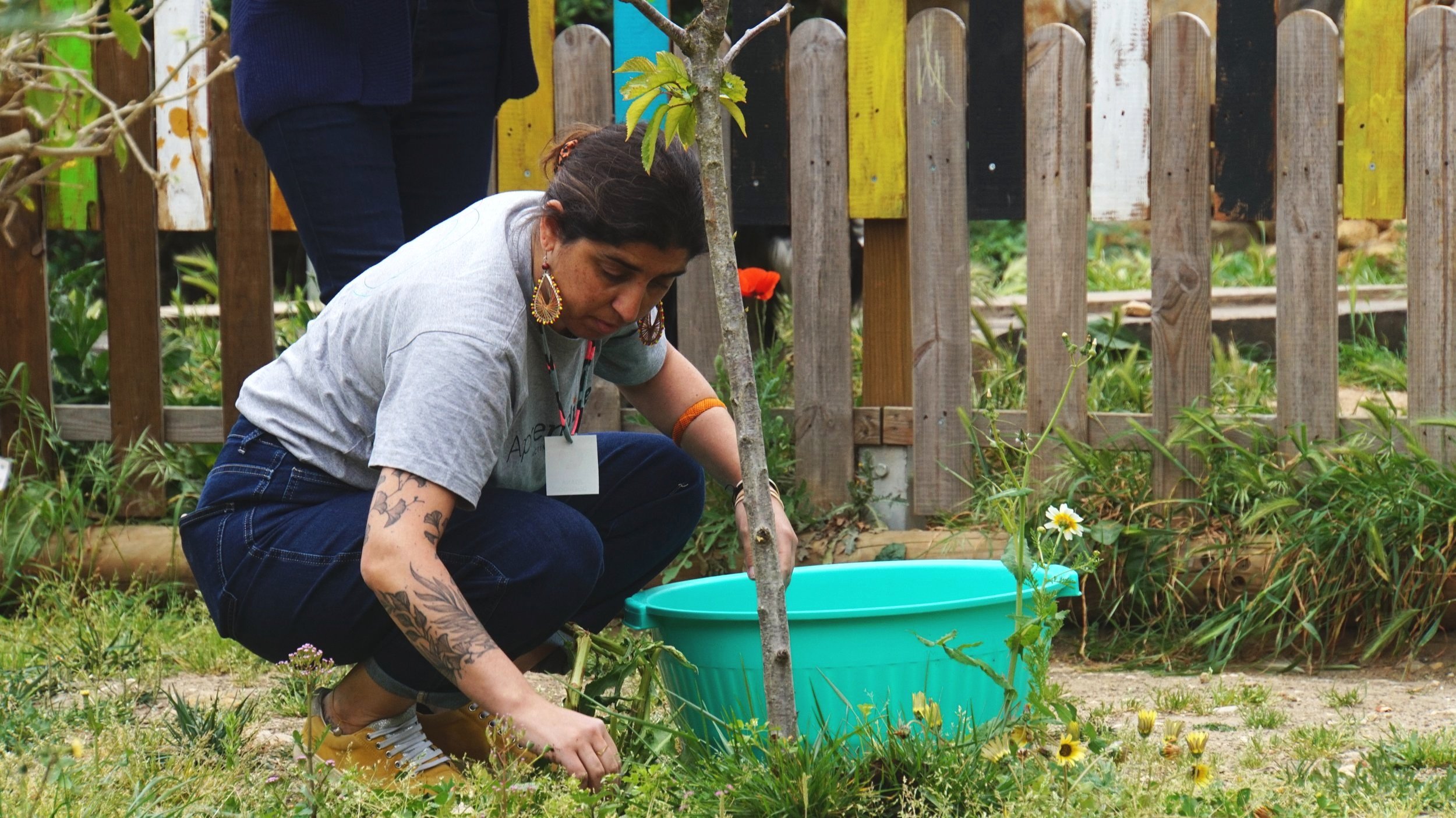
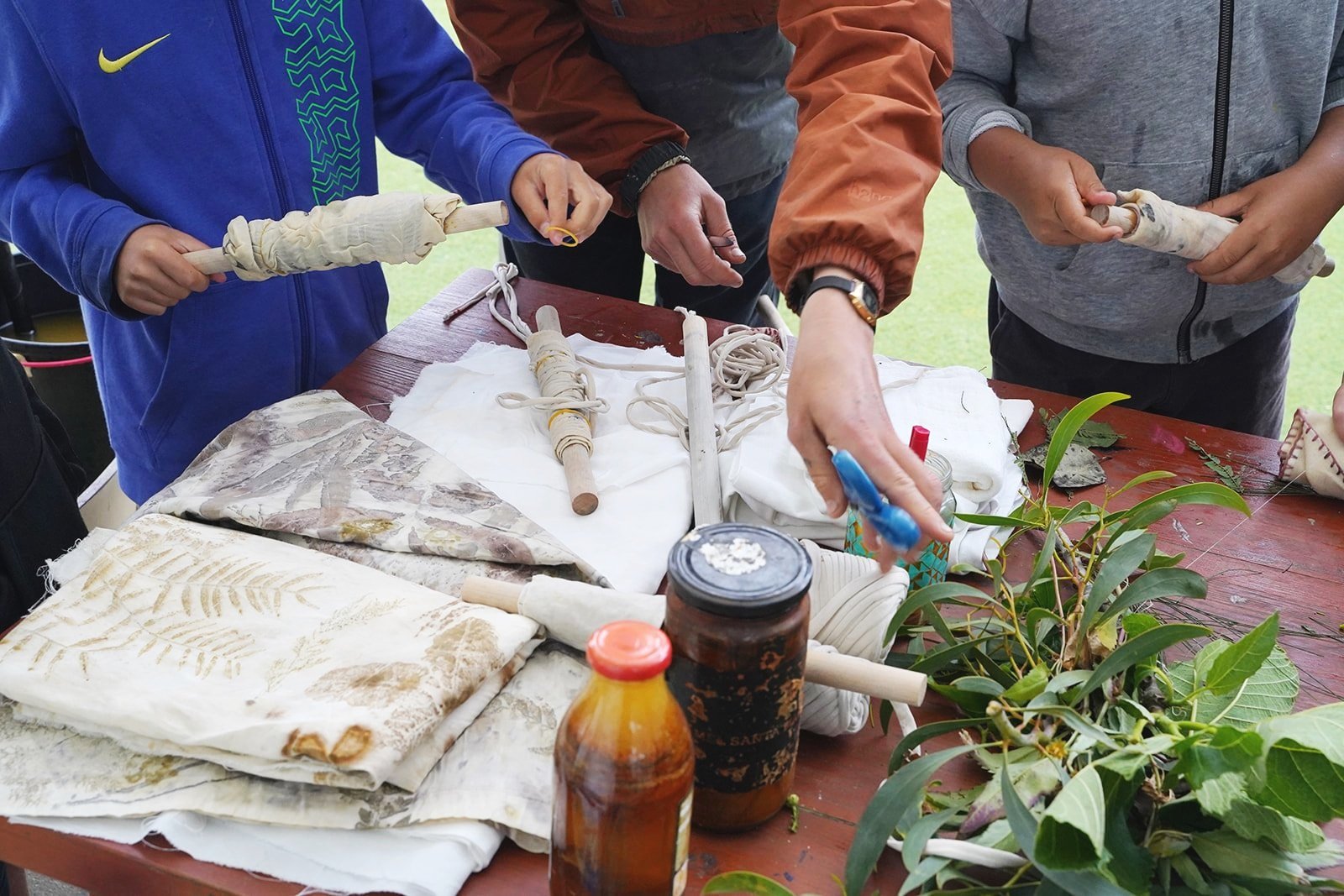

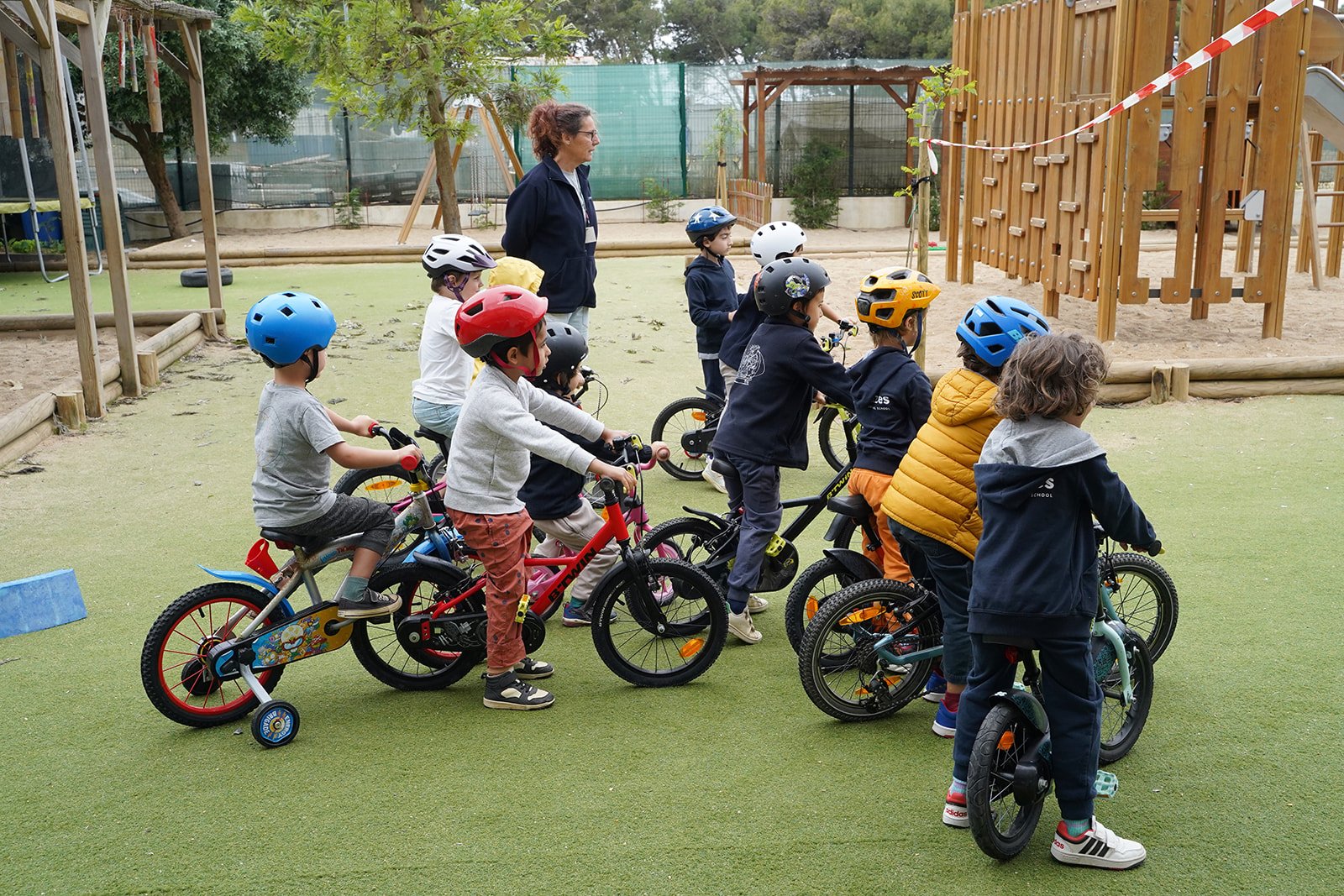
For lunch, we enjoyed a delicious veggie barbecue and sustainable ragu, made using locally sourced, organic ingredients - showing that our food habits can be both delicious and environmentally friendly.
In addition to these activities, we hosted a second-hand market and a bio market, which were bustling with vendors selling their sustainable and eco-friendly products.
The day ended with a fantastic performance by our parent's band, bringing everyone together to celebrate the success of the event and the community's commitment to regenerative practices.
Environmental and climate literacy is an important component of education that plays a role in addressing the challenges that our world is facing today.
Despite growing recognition of the issue's relevance, progress in incorporating it into national and international curricula has been slow. The Climate Education Coalition Open Letter has helped to raise awareness about this issue, but significant changes in curricula have yet to materialise.
We are pleased that, as a private school, we can prioritise environmental and climate literacy and incorporate it into our curricular and extracurricular initiatives. We work to help our students consider the causes and consequences of environmental problems and develop the skills required to tackle them and become responsible, environmentally conscious citizens. Acquainting them with sustainable living practices, conservation, renewable energy, and climate change mitigation and adaptation are all steps in the right direction.
We encourage other educational institutions to follow our lead and integrate environmental and climate literacy into their curricula.
Thank you to everyone who contributed to this collaborative initiative! We look forward to continuing our work toward a more sustainable future.
Thank you to Birgit Sfat and Ciça Castello for the amazing pictures!












